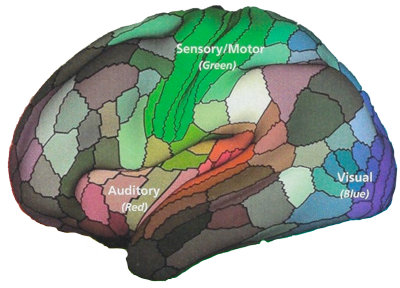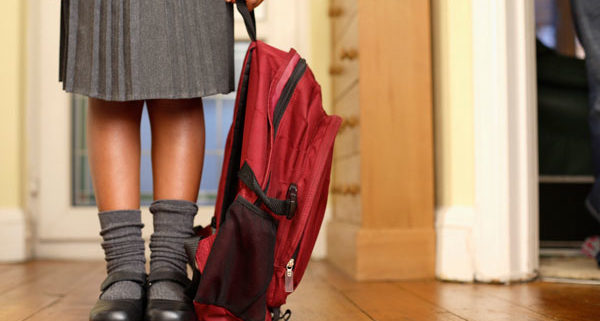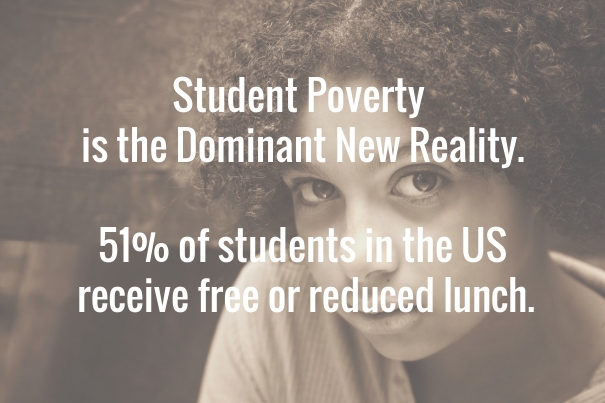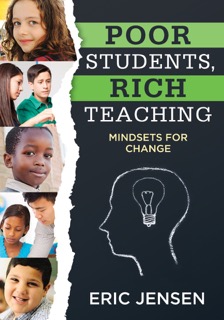5 Ways to a Better Life and Better Brain in 2018
Still deciding what to add to your list of New Year’s resolutions? If you are like many, you might have set a goal that has something to do with health, weight, or fitness. As you wonder whether you really want to spend the next 12 months staring at a Fitbit, a scale, or health goals list, may I suggest you flip that scale upside down and set a new goal to bring your numbers WAY up?
Up?? Seriously??? That’s right!
I’m suggesting you work this year to increase one of the most important numbers in your body and brain that researchers have ever discovered. Before you think I completely lost my mind over the holiday season, hear me out… Read more








 Poverty’s Effect on Working Memory
Poverty’s Effect on Working Memory
